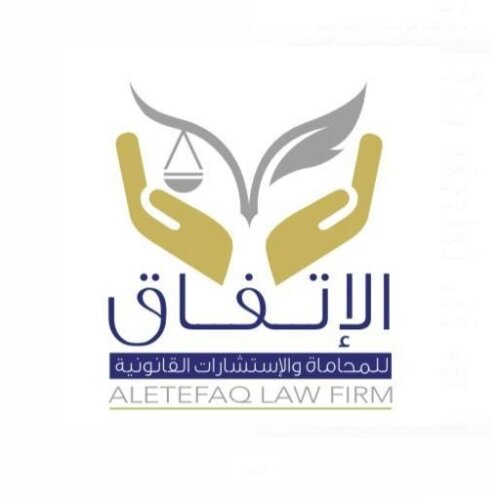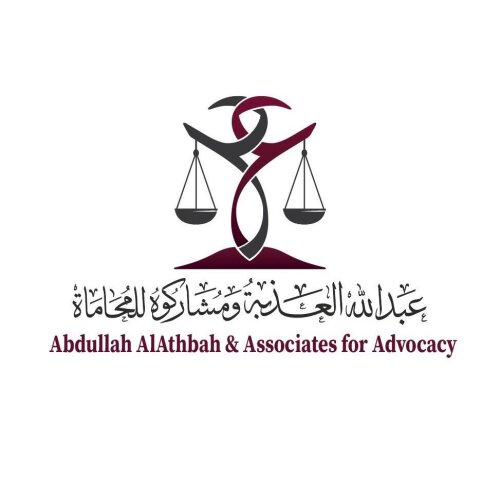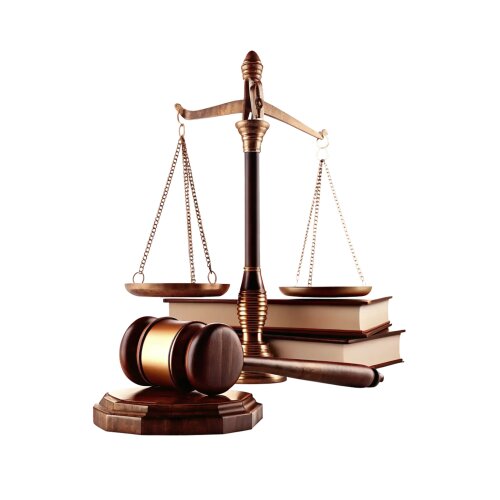Best Criminal Litigation Lawyers in Doha
Share your needs with us, get contacted by law firms.
Free. Takes 2 min.
List of the best lawyers in Doha, Qatar
About Criminal Litigation Law in Doha, Qatar:
Criminal litigation law in Doha, Qatar deals with legal actions taken against individuals accused of committing criminal offenses. This area of law involves the prosecution and defense of individuals in criminal cases, ranging from minor offenses to serious crimes. Criminal litigation proceedings in Doha are governed by both local laws and international legal standards.
Why You May Need a Lawyer:
You may need a lawyer in criminal litigation cases in Doha if you are facing criminal charges, need to navigate the legal system, require legal representation in court, or need advice on your rights and legal options. A lawyer can help protect your rights, provide you with legal guidance, and represent your interests in criminal proceedings.
Local Laws Overview:
Key aspects of local laws in Doha, Qatar relevant to criminal litigation include the Qatari Penal Code, which outlines criminal offenses and their corresponding penalties. The Criminal Procedure Law governs the process of criminal investigations, trials, and appeals. Additionally, the Qatar Constitution guarantees the right to a fair trial and legal representation for individuals accused of crimes.
Frequently Asked Questions:
1. What are the common criminal offenses in Doha, Qatar?
Common criminal offenses in Doha include theft, fraud, assault, drug-related crimes, and traffic violations.
2. What are my rights if I am accused of a crime in Doha?
You have the right to legal representation, the right to remain silent, and the right to a fair trial in Doha.
3. How can a lawyer help me in a criminal case in Doha?
A lawyer can provide legal advice, represent you in court, negotiate on your behalf, and help build a strong defense strategy.
4. What is the process of criminal litigation in Doha?
The process involves investigation, arrest, charging, trial, verdict, and sentencing. Appeals can also be filed in higher courts.
5. How long does a criminal case in Doha typically take?
The duration of a criminal case can vary depending on the complexity of the case, the evidence involved, and the court's schedule.
6. Can I appeal a criminal conviction in Doha?
Yes, you have the right to appeal a criminal conviction in Doha within a specified timeframe after the verdict is delivered.
7. Are there any alternatives to going to trial in criminal cases in Doha?
Alternative dispute resolution methods like mediation or plea bargains may be used as alternatives to going to trial in some cases.
8. How do I find a reputable criminal defense lawyer in Doha?
You can ask for referrals, conduct online research, or contact the Qatar Bar Association for a list of licensed lawyers in Doha.
9. What are the possible outcomes of a criminal case in Doha?
Possible outcomes include acquittal, conviction, fines, imprisonment, or a combination of penalties depending on the severity of the offense.
10. What are the limitations on punishment for criminal offenses in Doha?
Punishments for criminal offenses in Doha are limited by the provisions of the Qatari Penal Code and international human rights standards.
Additional Resources:
For additional resources on criminal litigation in Doha, you can contact the Ministry of Justice, the Qatar Bar Association, or legal aid organizations that provide assistance to individuals in need of legal representation.
Next Steps:
If you require legal assistance in criminal litigation in Doha, it is crucial to consult with a qualified criminal defense lawyer who can guide you through the legal process, protect your rights, and help you achieve the best possible outcome in your case.
Lawzana helps you find the best lawyers and law firms in Doha through a curated and pre-screened list of qualified legal professionals. Our platform offers rankings and detailed profiles of attorneys and law firms, allowing you to compare based on practice areas, including Criminal Litigation, experience, and client feedback.
Each profile includes a description of the firm's areas of practice, client reviews, team members and partners, year of establishment, spoken languages, office locations, contact information, social media presence, and any published articles or resources. Most firms on our platform speak English and are experienced in both local and international legal matters.
Get a quote from top-rated law firms in Doha, Qatar — quickly, securely, and without unnecessary hassle.
Disclaimer:
The information provided on this page is for general informational purposes only and does not constitute legal advice. While we strive to ensure the accuracy and relevance of the content, legal information may change over time, and interpretations of the law can vary. You should always consult with a qualified legal professional for advice specific to your situation.
We disclaim all liability for actions taken or not taken based on the content of this page. If you believe any information is incorrect or outdated, please contact us, and we will review and update it where appropriate.















